Graduate Training
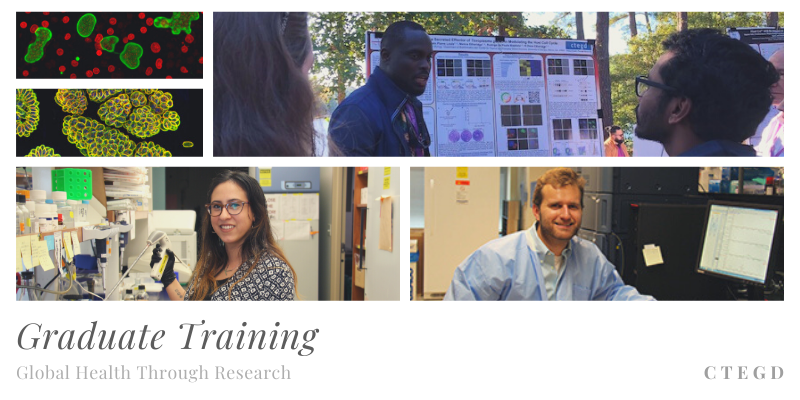

The University of Georgia is home to more than 6,200 graduate students and has a total research expenditure in excess of $333 million. A great number of these students are working in the biological and biomedical sciences.
Graduate students enjoy unrestricted access to the immense and diverse resources of UGA and also enjoy the vibrant atmosphere of one of America’s best college towns. Learn more about living in Athens, GA on Visit UGA.
Studying with CTEGD
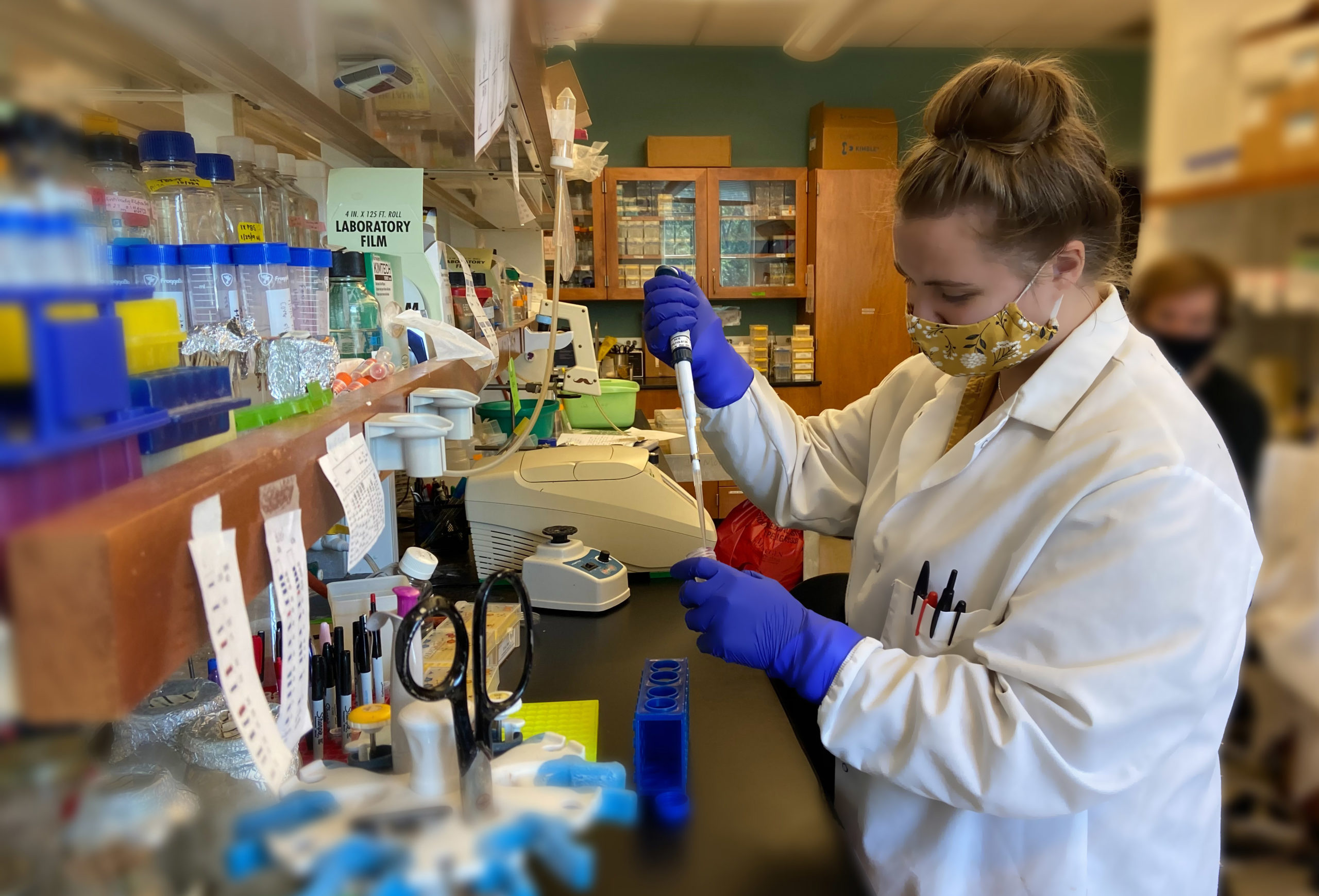
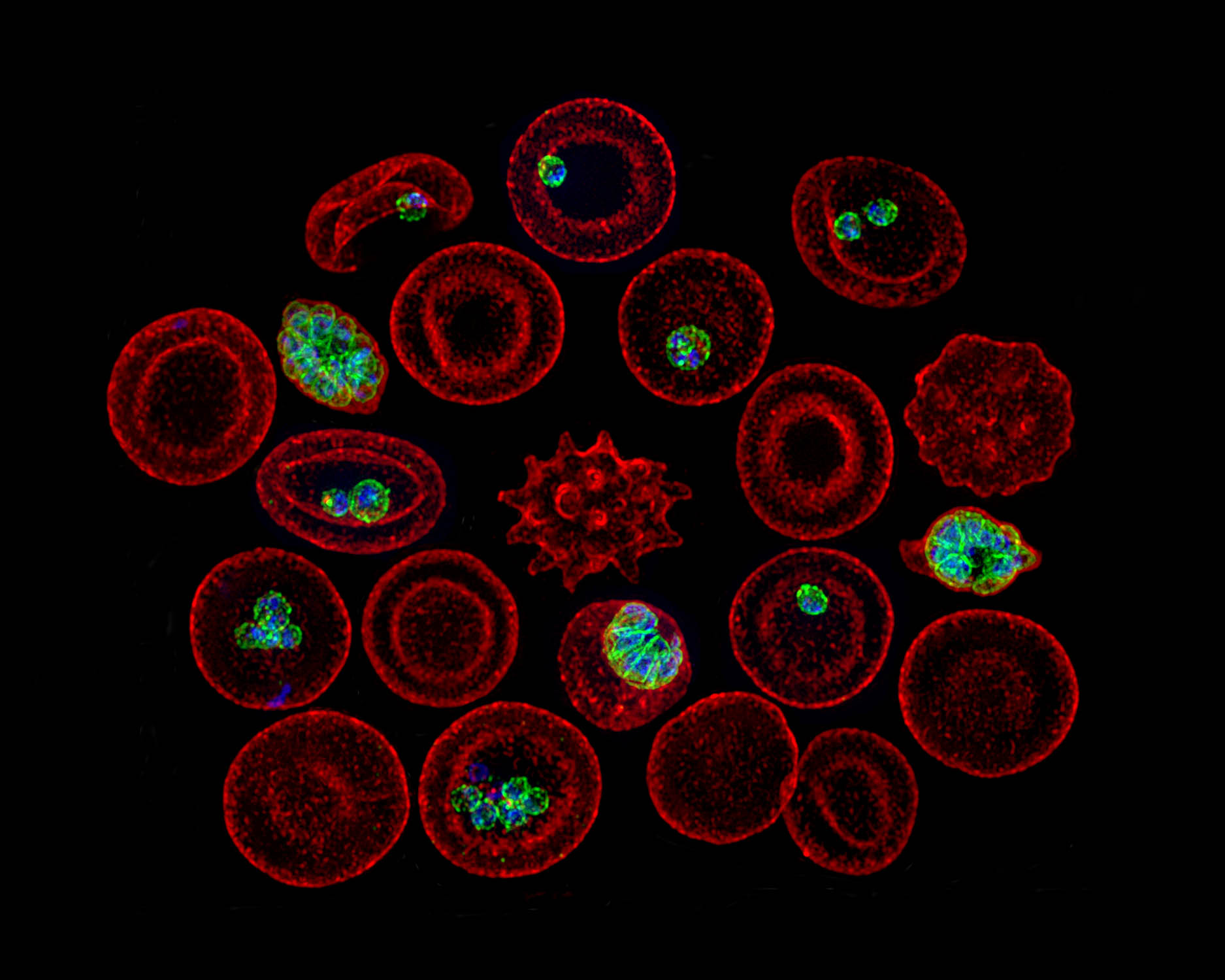
Graduate students enjoy unrestricted access to the immense and diverse resources of UGA. CTEGD houses a number of these resources such as the Biomedical Microscopy Core facility and Cytometry Shared Resource Laboratory. You can learn more under the Resources tab above. CTEGD also has an active Graduate Student Association that organizes monthly events that include social activities and opportunities to practice giving talks and practicing quals/defenses as well as workshops in career development, leadership development, and grant writing.
New graduate students in CTEGD laboratories should contact Annie or Donna to be added to the departmental and trainee listservs.
Graduate students studying in a CTEGD laboratory have the opportunity to receive unique fellowships that are administered by the Center.
- The NIH T32 training grant in Interdisciplinary Parasitology, Vector Biology, and Emerging Diseases provides up to 2 years of support to pre-doctoral and post-doctoral training.
- Our Training in Innovations in Parasitologic Studies (TIPS) Fellowship funds short-term (up to 3 months) international research training opportunities for graduate students and postdoctoral trainees.
Learn more about CTEGD Fellowships
There are also funding opportunities available to students through UGA, NIH, NSF, and other private and public organizations. UGA offers access to a searchable funding database called Pivot to help you locate such opportunities. You can find more information on our Find Funding page.
The Application and Admission Process
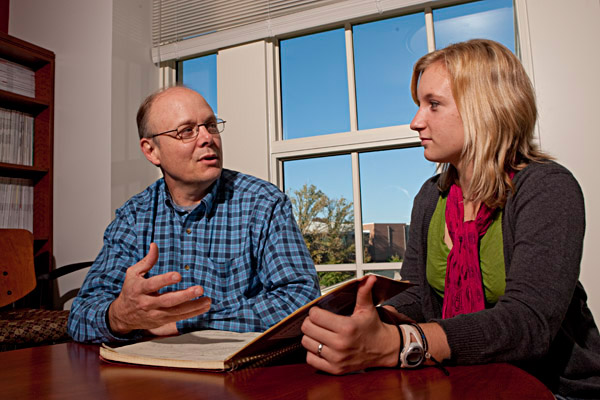

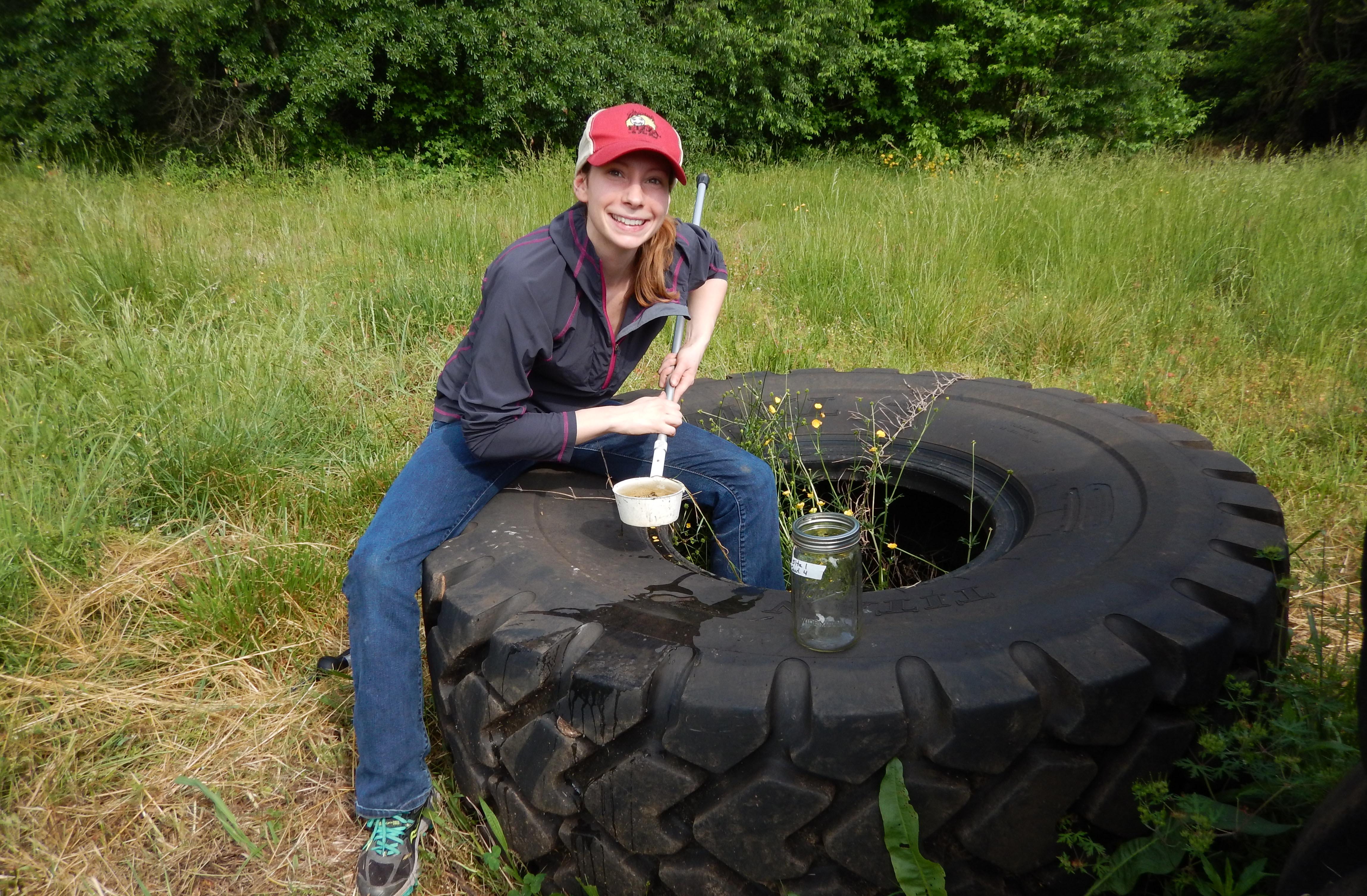
CTEGD is not an academic unit and as such, graduate students cannot apply directly to the Center for training. If you are interested in pursuing your graduate research in a Center lab you can apply through the Integrated Life Sciences Program.
Integrated Life Sciences Program (ILS) is an umbrella program through which students can apply to graduate school at UGA in several CTEGD-related areas. Integrated Life Sciences (ILS) allows first-year graduate students to explore the research areas of nearly 250 faculty and 14 participating PhD graduate programs. Entering students perform three laboratory rotations and take a streamlined and innovative curriculum in the Fall semester that is designed to facilitate the transition to graduate education and research. Students then choose a thesis advisor, graduate program, and begin thesis research. A hallmark of this competitive graduate program is its emphasis on existing and emerging interdisciplinary research areas.This program is specifically designed for top notch students with interdisciplinary interests. Applying through this program could provide a student with the broadest choice of potential CTEGD members in the Departments of Cellular Biology, Infectious Diseases, Biochemistry & Molecular Biology, Ecology, Entomology, and Genetics.
There is a two-step application process:
- First, apply to the UGA Graduate School
- Apply the ILS program
For the UGA Graduate School application, you will need to
- Complete the application form
- Pay the application fee
- Provide official transcripts
- Provide Official GRE scores (UGA, GRE code=5813)
- If English is NOT your primary language, provide TOEFL/IELTS score
For students who have received acceptance to UGA, Information for New Students at the Graduate School will be useful in getting started.
International Graduate Students will want to visit UGA’s Office of Global Engagement for more information about obtaining a VISA and studying at UGA.
Financial Support
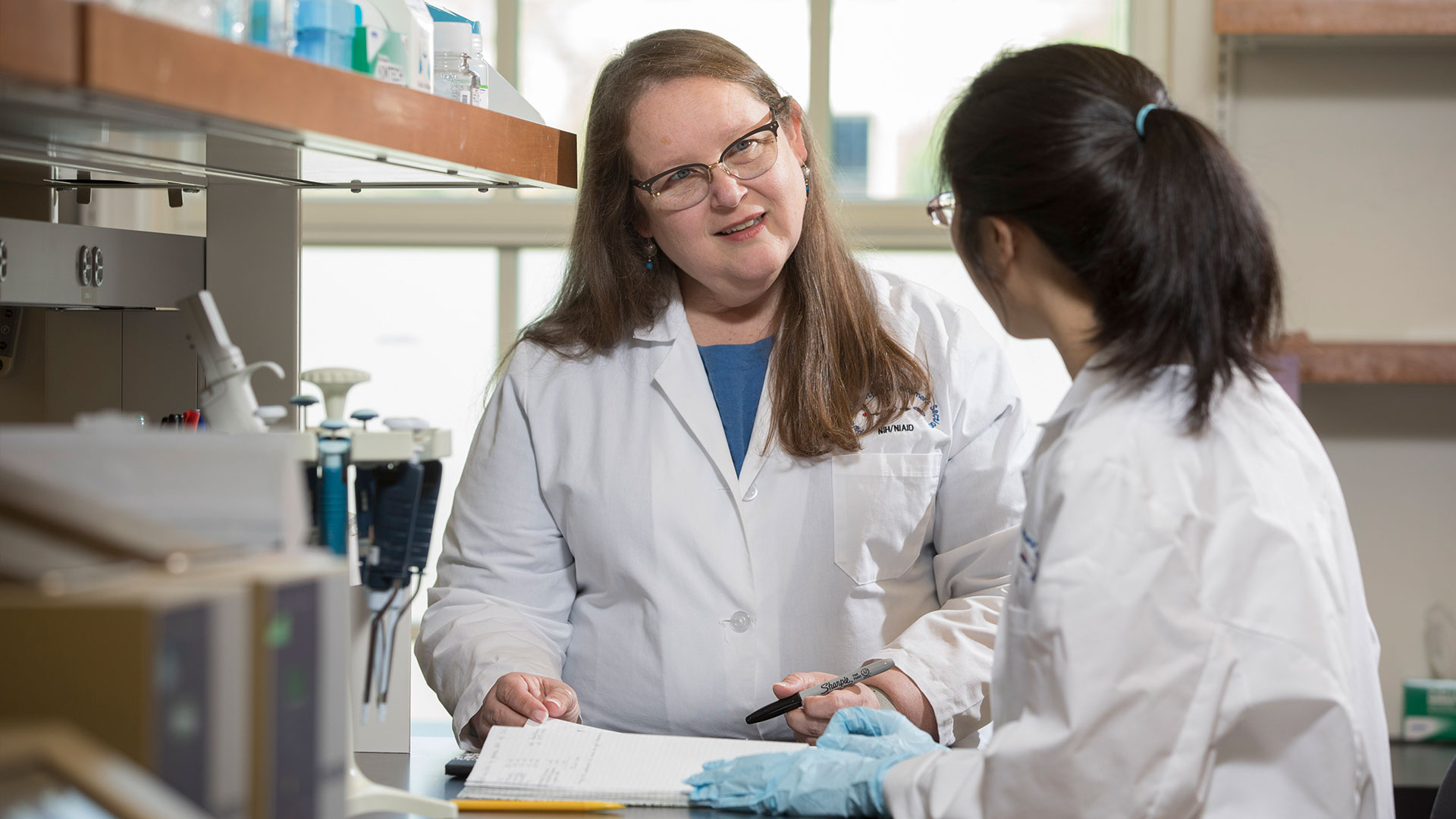
Students at UGA are supported by a variety of mechanisms, including University Assistantships, Research Assistantships, Teaching Assistantships, Training Grants and other fellowships. Learn more about fellowships specifically for students studying in CTEGD laboratories.
The level of the stipend is nationally competitive. Exact amounts vary depending on the department, percentage of time and program level. For more information about stipend amounts, please contact your academic department.
Most forms of support include a tuition waiver.
